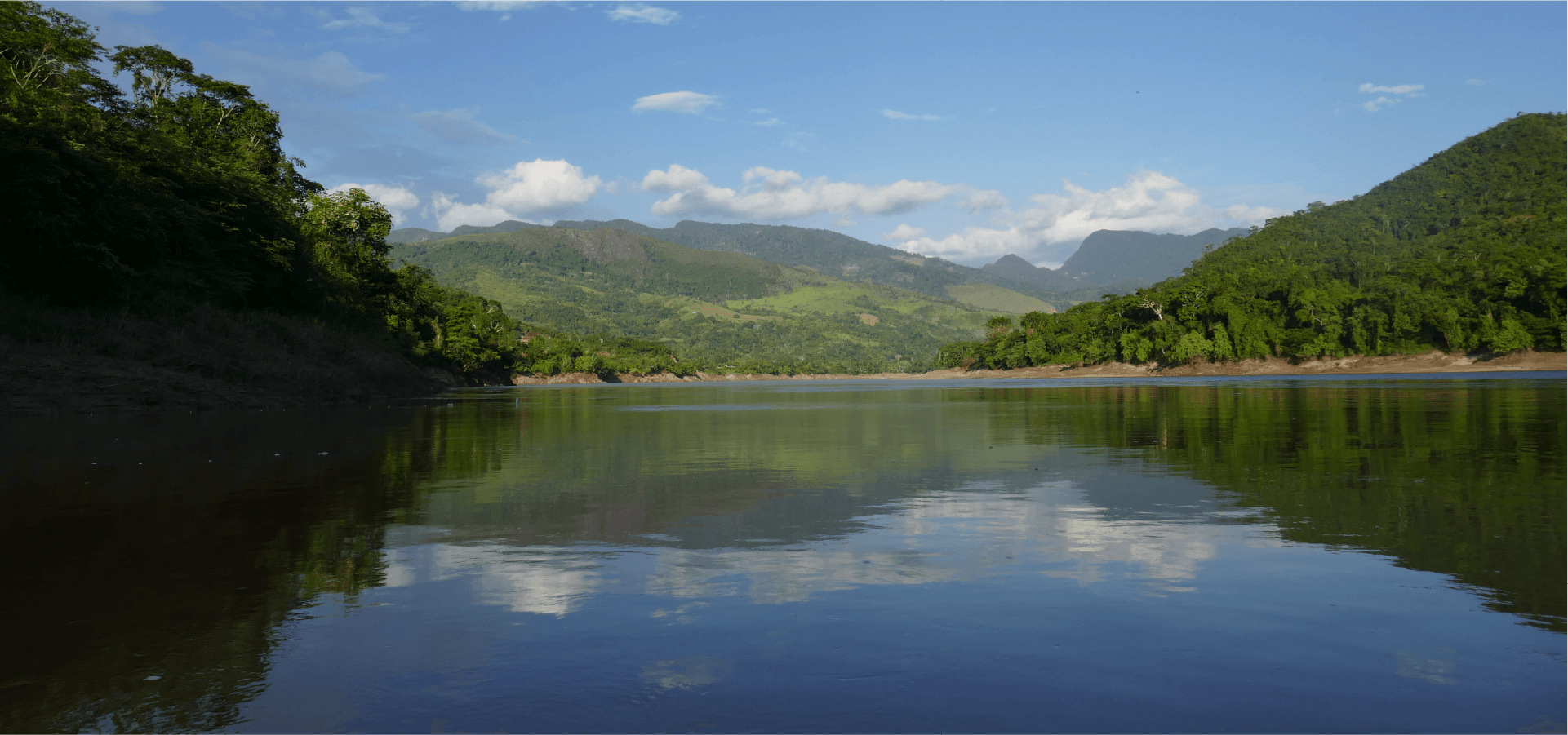In Peru, more than 120,000 small-scale farming households live informally on one million hectares of state forest land. Over the last decade, Peru has aimed to combat forest encroachment and promote restoration through the allocation of agroforestry concessions to small-scale farmers. In the region of San Martín, where more than 80% of the land is still forested,[1] a regional agroforestry agenda targets around 1.2 million hectares for agroforestry development. But data are scarce and outdated, making implementation a challenge.
The SMART initiative aims to promote agroforestry development in San Martín, Peru by responding to this need for information, promoting investment, creating opportunities for farmers, and integrating agroforestry into the region’s socioeconomic growth model. Through an inclusive and evidence-based approach called SHARED, SMART is co-designing a Regional Agroforestry Platform that will make local, technical and scientific information publicly available. This digital space will be managed by a community of practice of policymakers, investors, local actors and others, facilitated by CIFOR-ICRAF.
For information in Spanish, see:
















